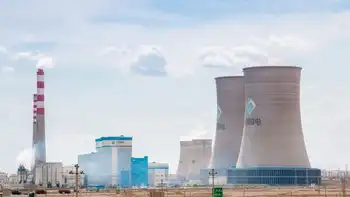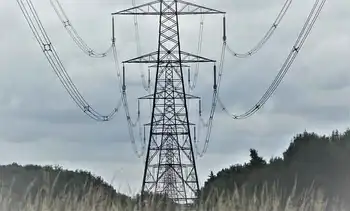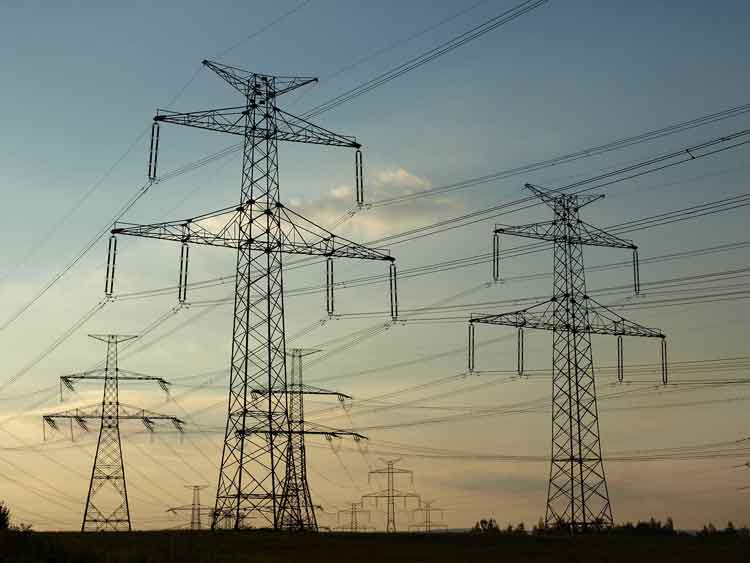Perhaps carrots, instead of sticks, can halt uranium enrichment
LONDON, ENGLAND - Six world powers searched for common ground on rewarding Iran if it gives up uranium enrichment, and UN Secretary General Kofi Annan urged Tehran to "lift the cloud of uncertainty" about its nuclear program.
Among the issues at a meeting in London grouping the five UN Security Council nations and Germany was a compromise proposal for possible sanctions against Iran should it refuse to halt uranium enrichment, diplomats said.
The compromise — which would drop the automatic threat of military action if Iran remains defiant — is part of a proposed package of incentives meant to entice Iran to give up the activity, a possible pathway to nuclear arms. It also spells out the penalties if it does not. The plan is meant to get support both from Russia and China, which oppose any suggestion of force in pressuring Iran.
France, Britain and Germany discussed the final form of the package ahead of submission for hoped-for approval at a formal meeting of the five permanent Security Council members and Germany.
If accepted, the compromise would resolve wrangling within the Security Council since it became actively involved in March, two months after Iran's file was referred to it by the 35-nation board of the International Atomic Energy Agency.
Russia and China have opposed calls by the United States, Britain and France for a resolution threatening sanctions and enforceable by military action.
On a visit to Vietnam, Annan urged Iran to clarify whether it is trying to develop nuclear weapons, and he appealed for a negotiated solution to the dispute.
Annan said Iran should work with UN nuclear inspectors "to lift the cloud of uncertainty surrounding its nuclear project, whether it is seeking nuclear weapons or if it's only peaceful."
Related News

Is nuclear power really in decline?
LONDON - By Kirill Komarov, Chairman, World Nuclear Association.
As Europe and the wider world begins to wake up to the need to cut emissions, Dr Kirill Komarov argues that tackling climate change will see the use of nuclear energy grow in the coming years, not as a competitor to renewables but as a competitor to coal.
The nuclear industry keeps making headlines and spurring debates on energy policy. With each new build project, the detractors of nuclear power crowd the bandwagon to portray renewables as an easy and cheap alternative to ‘increasingly costly’ nuclear: if solar and wind are virtually free…




